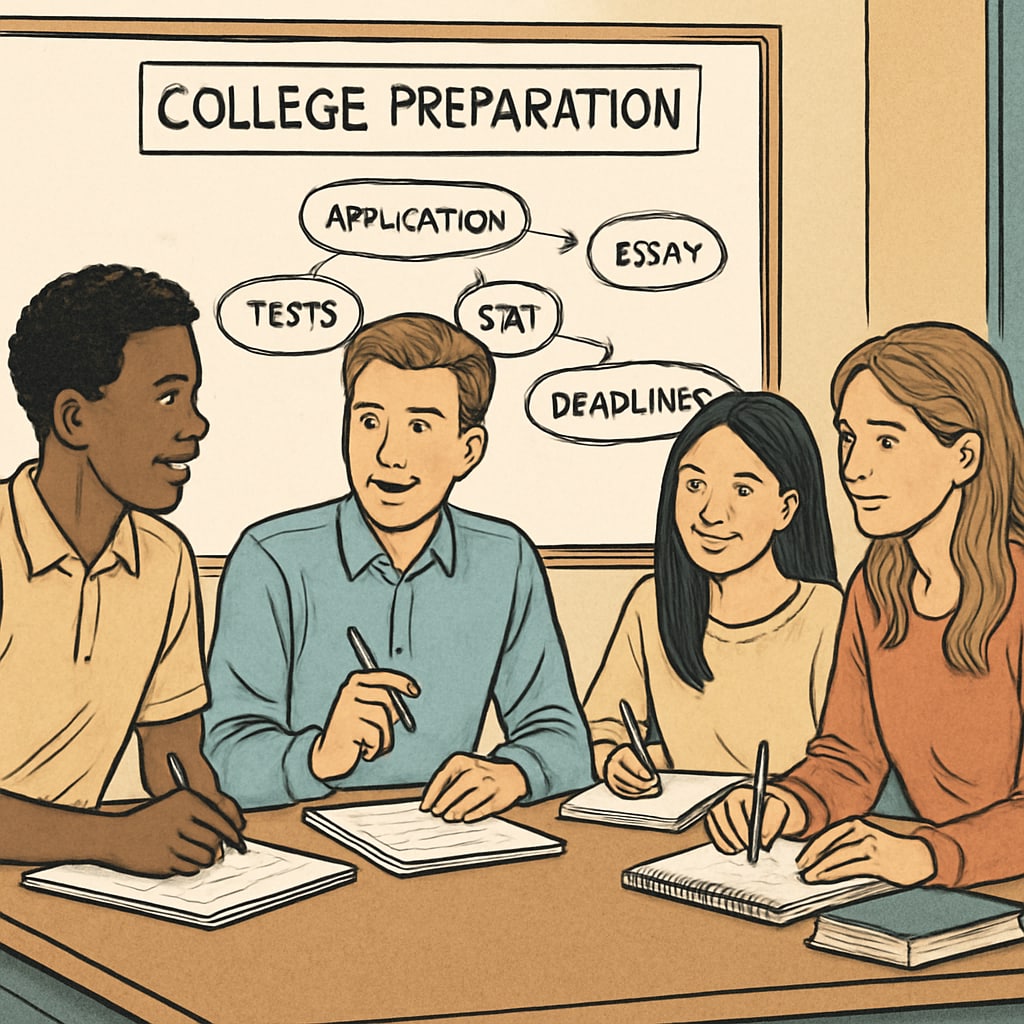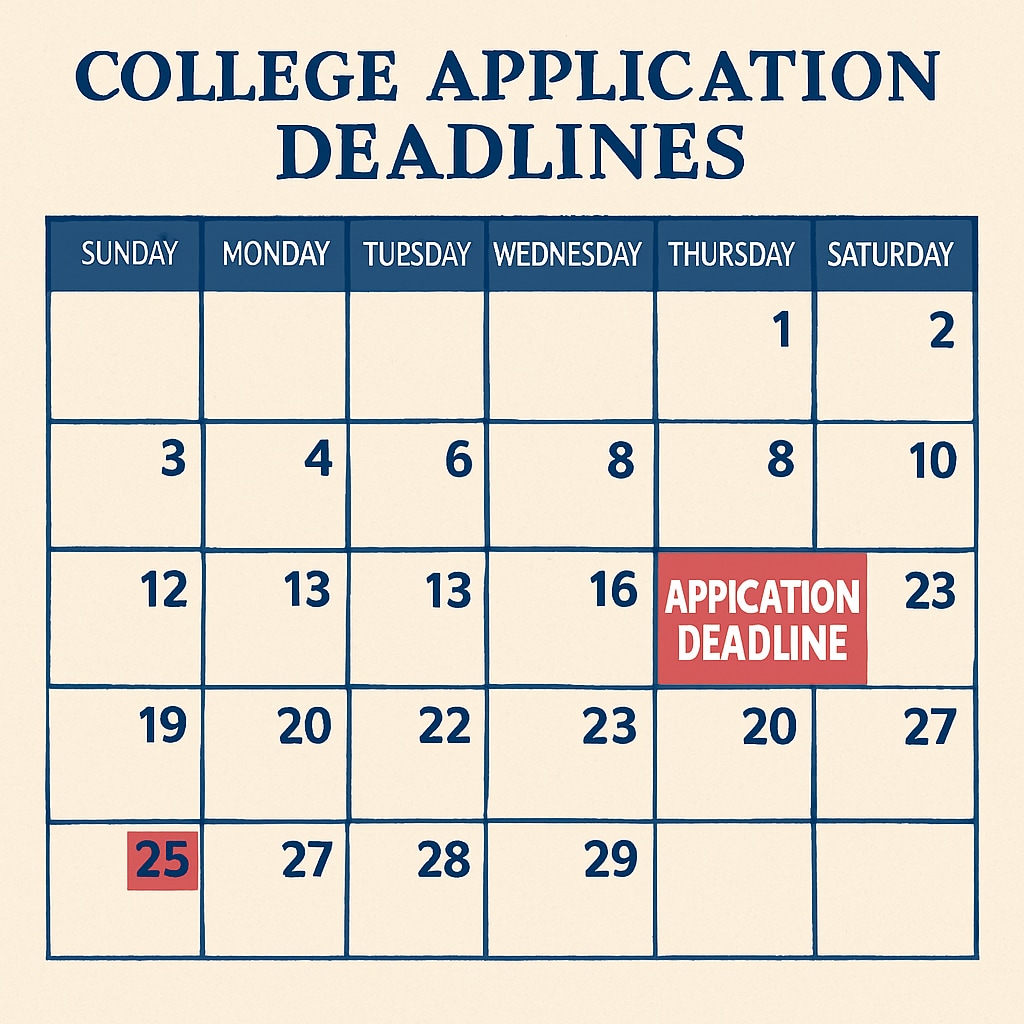The college application process is a daunting task for many high school students, especially those who begin preparing late in their academic journey. For freshmen, the challenges of college applications may not seem immediate, but failing to start early can lead to significant difficulties later on. From crafting a strong academic record to building extracurricular portfolios, the journey requires more than a few months of rushed effort. This article explores the hidden challenges freshmen face and why early preparation is essential.
The Importance of Starting College Preparation in Freshman Year
Many students underestimate the complexity of college applications until it’s too late. By senior year, the deadlines and requirements can feel overwhelming. Colleges are not just looking for good grades; they evaluate students holistically, considering factors like extracurricular activities, leadership roles, community service, and personal essays. Starting in freshman year allows students to gradually build a well-rounded profile.
For example, students who begin exploring different extracurricular activities in their first year of high school are more likely to discover their passions and commit to meaningful projects. This long-term dedication is something admissions officers value. In contrast, students who wait until their junior or senior year often struggle to demonstrate genuine involvement, as their participation may appear rushed or superficial.

Challenges Freshmen Face Without Early Planning
Waiting until junior or senior year to think about college can create unnecessary stress and limit opportunities. Here are three major challenges freshmen encounter when they postpone planning:
- Limited Time for Skill Development: Important skills, such as writing strong essays or preparing for standardized tests, require practice and refinement. Starting late often leads to subpar results.
- Missed Opportunities: Certain scholarships, internships, or honors programs may have early deadlines or require years of preparation, which freshmen unaware of these timelines may miss.
- Inadequate Academic Foundation: Freshman year grades set the tone for the high school GPA (Grade Point Average). A weak academic start can be difficult to recover from, especially for competitive colleges.
As a result, students who fail to plan early may find themselves scrambling to meet application requirements, leaving little room for showcasing their individuality and strengths.

Practical Steps Freshmen Can Take Now
Thankfully, freshmen can overcome these challenges by taking small, actionable steps early in high school. Here are some strategies:
- Set Academic Goals: Focus on maintaining strong grades and challenging yourself with advanced courses when possible.
- Explore Extracurricular Activities: Join clubs, sports, or volunteer organizations that align with your interests. Commit to long-term involvement.
- Research Colleges and Requirements: Start building a list of colleges that interest you and learn about their admissions criteria.
- Develop Time Management Skills: Balancing academics, extracurriculars, and personal interests is key to long-term success.
- Seek Guidance: Talk to school counselors or mentors who can provide advice and resources for college preparation.
By taking these steps, freshmen can build a foundation that will make the college application process less stressful and more rewarding in the long run.
The Long-Term Benefits of Early Planning
Students who start preparing for college in their freshman year often find themselves better equipped to handle the demands of senior year. Early planning not only relieves stress but also provides students with the confidence to pursue competitive opportunities. Additionally, these students are more likely to develop strong relationships with teachers and mentors, which can lead to impactful recommendation letters.
Furthermore, early preparation fosters personal growth. Students learn to take initiative, manage their time effectively, and set long-term goals—skills that are invaluable not just for college but for life.
In conclusion: The college application process is challenging, but it doesn’t have to be overwhelming. Freshmen who take a proactive approach can turn these challenges into opportunities for growth, ensuring a smoother and more successful application journey. Remember, the earlier you start, the more time you have to build a compelling story for admissions officers.
For more information on college admissions and preparation, you can explore resources like The College Board or The Princeton Review.


